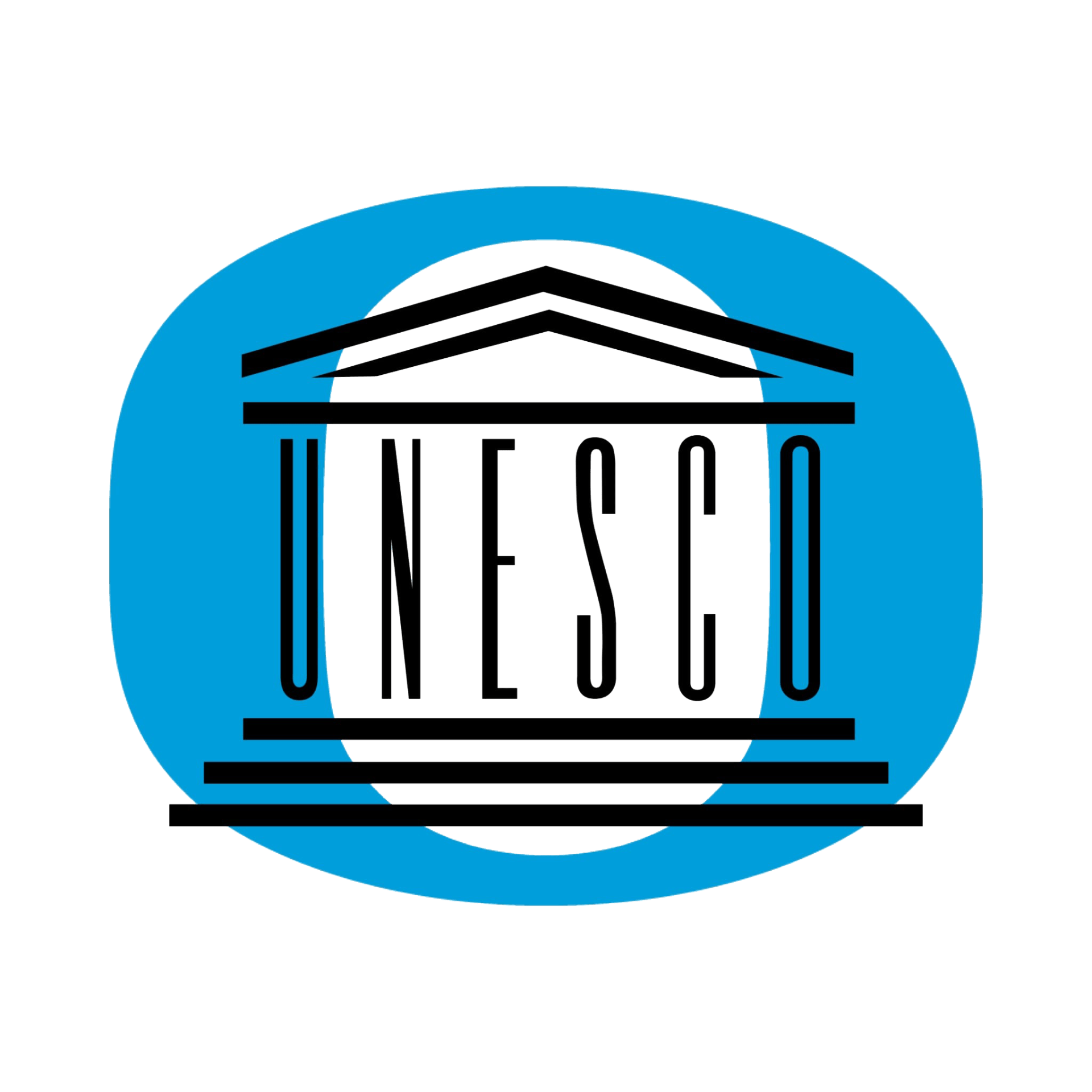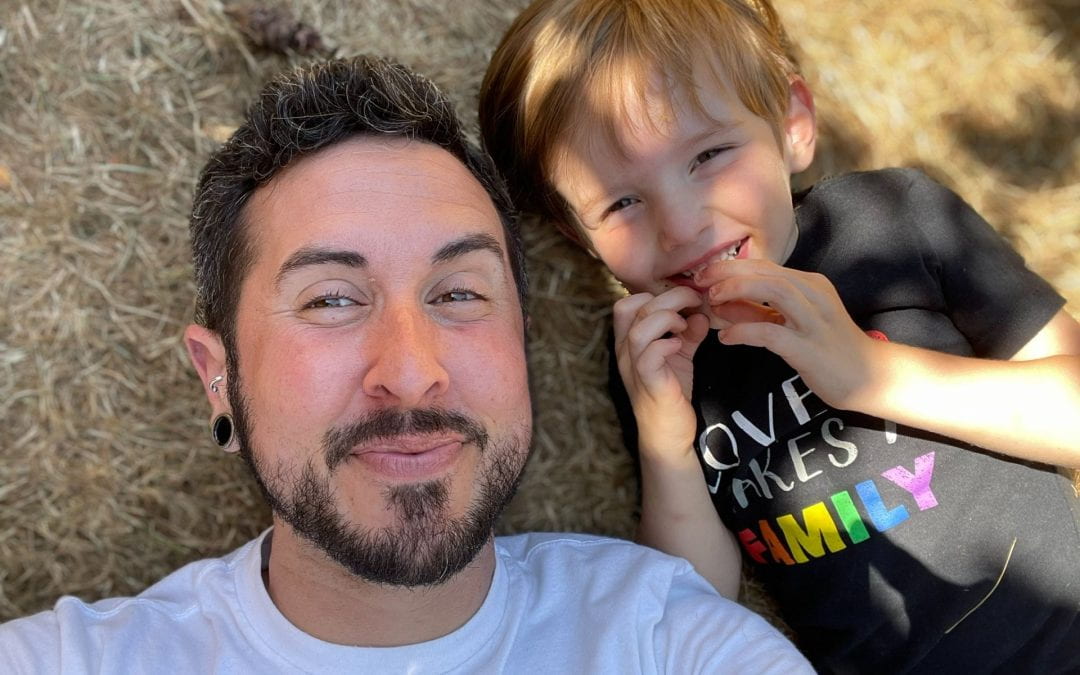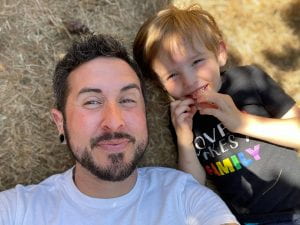by Noah Camuso
audio transcript:
Amid the back-and-forth acquisition of Twitter by “Free Speech Absolutist,” Elon Musk, The Pew Research Center conducted a survey on American support for regulating tech companies. They found that support for regulating tech companies has declined in the U.S. while reported levels of severe online harassment for marginalized Americans remain high. According to a 2021 ADL report, LGBTQ+ respondents reported higher rates of overall harassment than all other demographics for the third consecutive year, at 64%.
Trystan Reese, a transgender father and activist from Portland, Oregon, opened up about his experience with online harassment during his publicized pregnancy, and how he thinks less content regulation will affect freedom of expression, especially for the LGBTQ+ community.
In 2016, after years of parenting their adopted niece and nephew, Reese and his partner decided to have a child biologically. Reese, who was designated female at birth, carried the baby. After he got pregnant, the couple made the decision to partner with a podcast to tell their story.
“In the transgender community, a man having a baby is not that big a deal,” Reese said. “I didn’t think it was going to be a big thing.”
The story went viral overnight. Reese says that the response in-person has been mostly positive, but the online backlash was a different story.
“I’ve had hundreds of face-to-face conversations with transphobic people. That was my job for seven years. I really thought I’d heard it all,” Reese said. “But I was woefully unprepared for the level of violence and threats, and vitriol, and just hateful, hateful, hateful things people had to say about me, about my kids, about my unborn baby. I mean, it was really, really bad.”
The couple had to partner with a legal team to anonymize their online presence and to make sure no one could track down where they lived. People were threatening to call Child Protective Services on them, a white supremacist group in Oregon tweeted about the story, and they received countless hateful emails and comments on social media platforms. They tried to report these comments, but almost nothing ever came of it.
“Even the most disgusting, violent threats against my life against my family, Facebook never took down a single comment. They never took down a single post. They did nothing. Zip. Zero. Zilch.”
Reese says that leaving social media was a difficult choice for him because he knew his story was connecting with people.
“I hear from a lot of trans folks who say, like, ‘your story changed my life, I never knew I could become a parent.’And I’m like: ‘That’s great. I’m so glad that my story had that positive impact.’ And how can you possibly balance that, against me probably feeling for the rest of my life, that the world is a deeply scary, unsafe place that wishes that I didn’t exist?” Reese said. “I just couldn’t be a part of these platforms that their whole revenue is based upon people like me getting chewed up and spit out.”
In an interview with the University of Oregon’s Crossings Institute at the annual World Press Freedom Day conference, this year hosted in Uruguay, Quinn McKew, the Executive Director of the Human Rights Organization Article 19, shared with us her thoughts on content moderation and freedom of expression.
“Article 19 and a lot of freedom of expression organizations believe that the power of expression is rooted in the ability to act as a leveler between the powerful and the powerless, that all voices should have the ability to be heard,” McKew said. “By failing to try and rebalance and provide a more even playing field, where people aren’t driven off the platforms, you are, you’re actually hurting expression.”
I’m Noah Camuso with the University of Oregon’s UNESCO Crossings Institute.




d
I appreciate how this website highlights uplifting initiatives and thought-provoking perspectives. The niche focus on positivity, wellbeing, and social change makes it refreshing to read agen slot.